Tab Article
The Parables That Reveal Life’s Greatest Truths Have you ever wondered why, in this life, some people have sufficient and more than their needs while others lack the necessities of life? Have you thought about why the people who have tend to have more, and some people who lack keep having less and less? Is this reality determined by destiny or is it just by chance? I am convinced that God did not create anybody to live in lack of basic necessities of life. Because if He did, then it would not be consistent with His words and nature. God’s original intention for creating man was for man to have dominion over the earth, Genesis 1:26. So, to say that God created some people to be poor and some people to be rich or wealthy is not scripturally correct. He created every man equal. Believe it or not, our lives become a sum total of our decisions, actions and inactions. In the heart of Jesus’ teachings are stories so vivid and layered with wisdom that they have echoed through centuries, transcending cultures and eras. Among these are the parables of the talents and the pounds—tales that are more than mere anecdotes; they are powerful allegories embedded with divine truths about stewardship, responsibility, and the essence of true success. These are just two of the many parables Jesus used to teach the principles of operation of the kingdom of God. Imagine a wealthy master preparing for a long journey. Before he leaves, he calls his servants and entrusts them with his resources—each according to their ability. The first receives five talents, the second two, and the third just one. With no instructions other than the implied expectation of responsible management, the master departs, leaving his servants to decide their course of action based on their individual creativity. The stage is set for choices that will determine their futures. This story, found in Matthew 25:14-30, mirrors the parable of the pounds in Luke 19:11-27, where a nobleman entrusts ten servants with one pound each before leaving to claim a kingdom. These two distinct but similar parables were used by Jesus to teach the same divine truths. These parables share themes of trust, productivity, and accountability but also bring forth stark contrasts—in both, we find characters who either seize opportunities with boldness or let them slip away in fear. But why did Jesus choose these stories? To the ancient audience, talents and pounds were not abstract concepts. Both were used as units of weight and currency in ancient times. Depending on the context, a talent could weigh somewhere between 75 and 125 pounds. In the Hebrew system, a talent weighed up to 75.5 pounds. A ‘talent’ was a substantial sum of money, equivalent to years of wages, and it is equivalent to somewhere between 500,000 and 1 million US dollars in modern times. It symbolises immense potential and value. By framing the story around wealth, Jesus captivated his listeners, who understood that these servants held something extraordinarily valuable—not just currency, but potential for growth. Yet, these parables are more than historical lessons about ancient monetary practices. They are timeless messages that probe deeply into the human heart and its response to trust and responsibility. The servants who embraced the challenge and invested their talents were rewarded with abundance and greater authority. The one who buried his out of fear returned it without increase and faced not just loss but severe rebuke. The implications for modern readers are profound. We, too, are recipients of divine trust, granted gifts, opportunities, and resources according to our capacities. What we do with these determines not just our earthly success but echoes into eternity. As you listen to this audiobook, you will be guided through the principles that these parables teach—principles that reveal why some succeed while others falter. You will come to see that attributing every blessing to God is only one part of the story. The other half lies in recognising that divine partnership requires our active engagement. You will discover why excellence, productivity, and faithful management are not mere secular ideas but essential spiritual mandates. This journey is not just about understanding what the parables mean; it is about uncovering how they apply to you, here and now. The lessons woven into these stories are as relevant today as they were when Jesus first spoke them, calling us to be stewards who multiply what we have been given, embrace our roles as custodians, and rise to meet the potential within us. Step into the world of these timeless teachings, and let the parables of the talents and the pounds transform your approach to life, work, and faith.



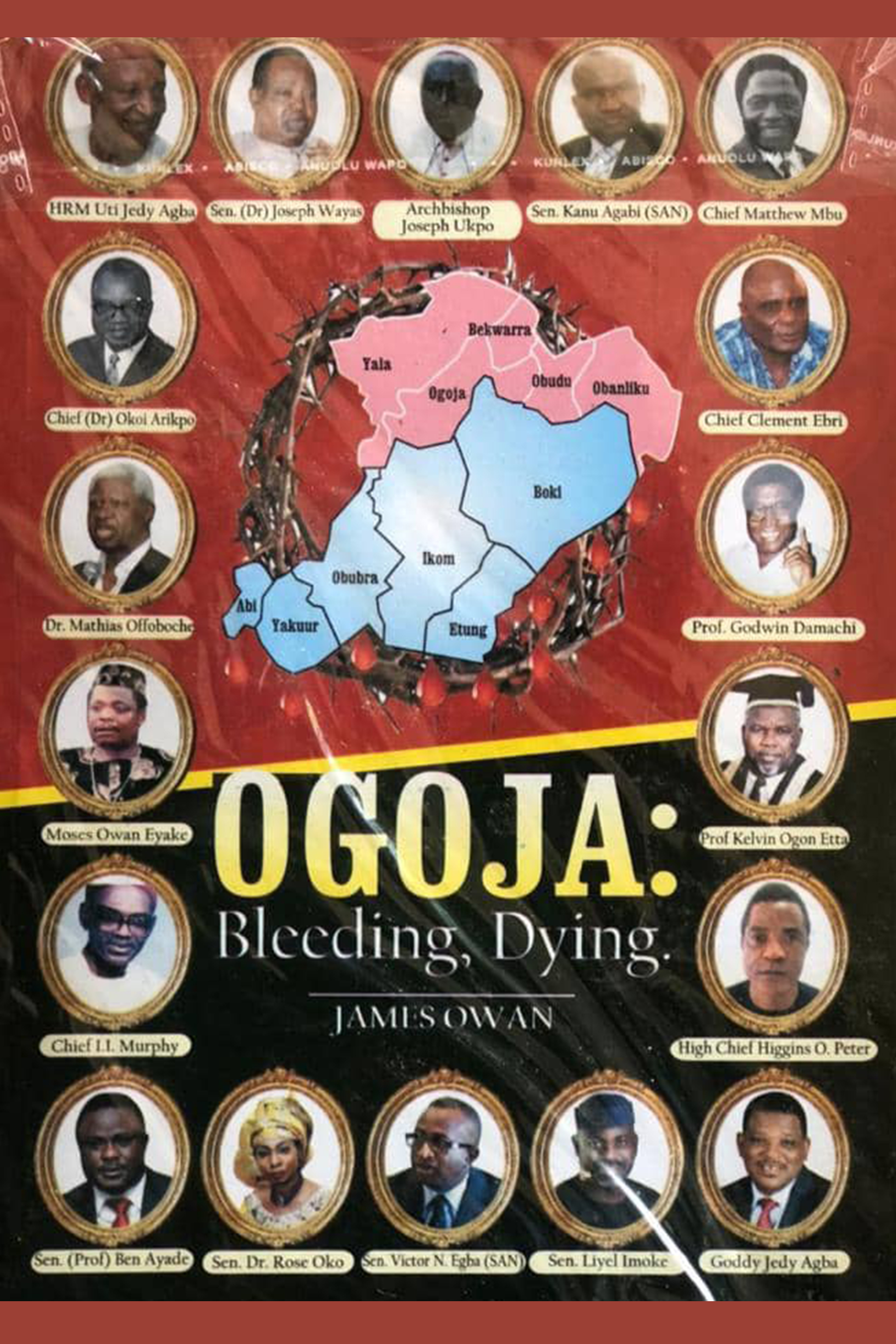





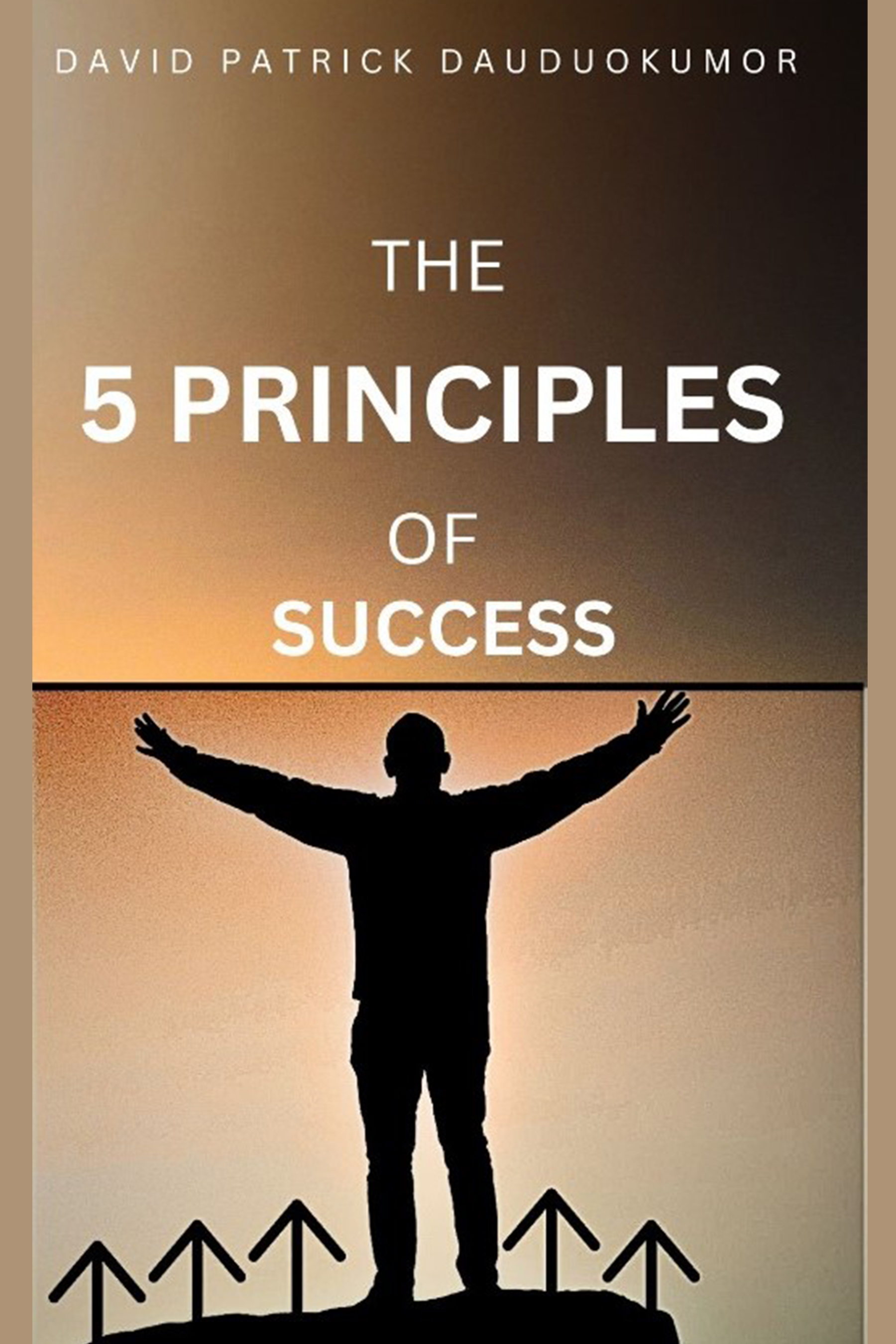


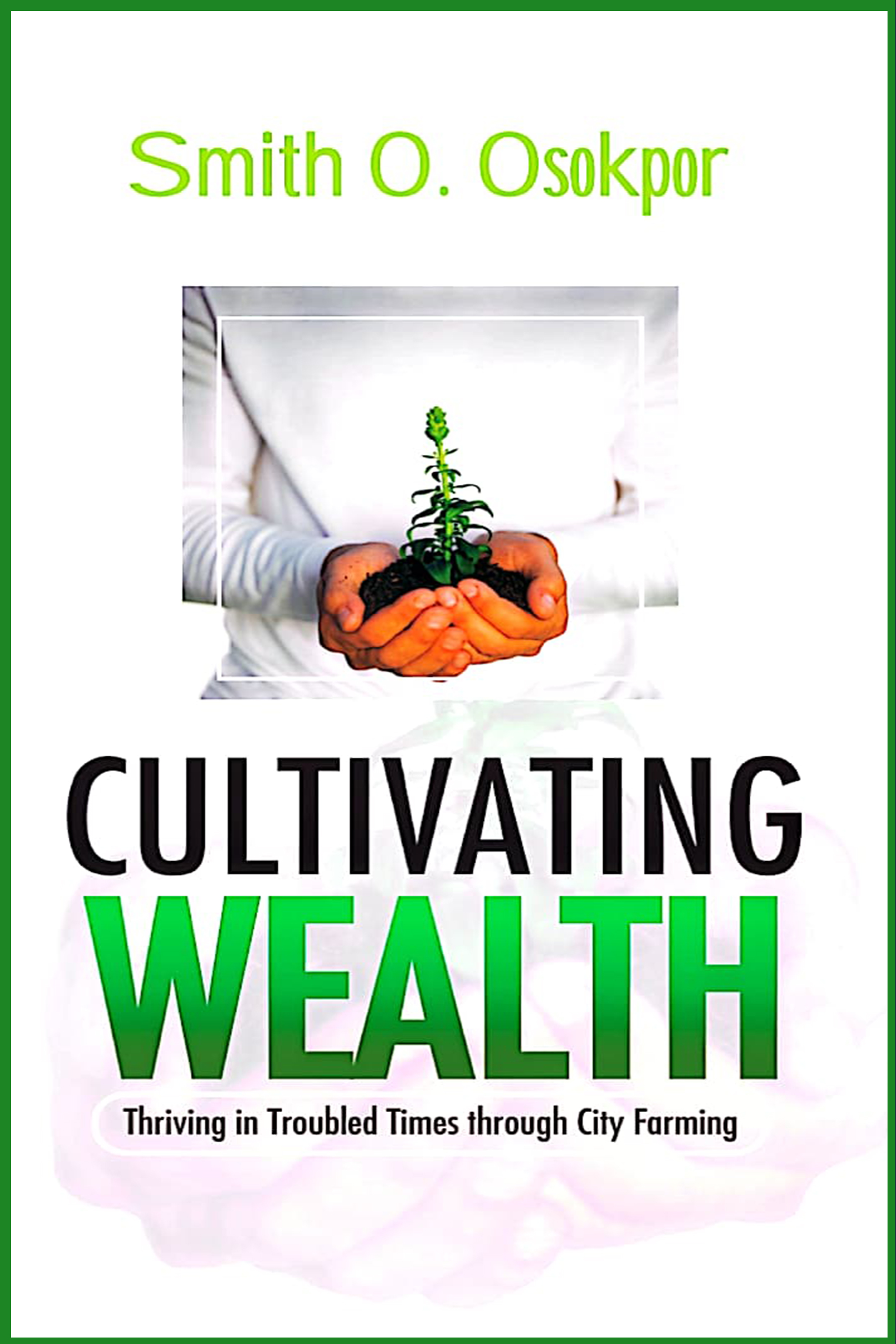






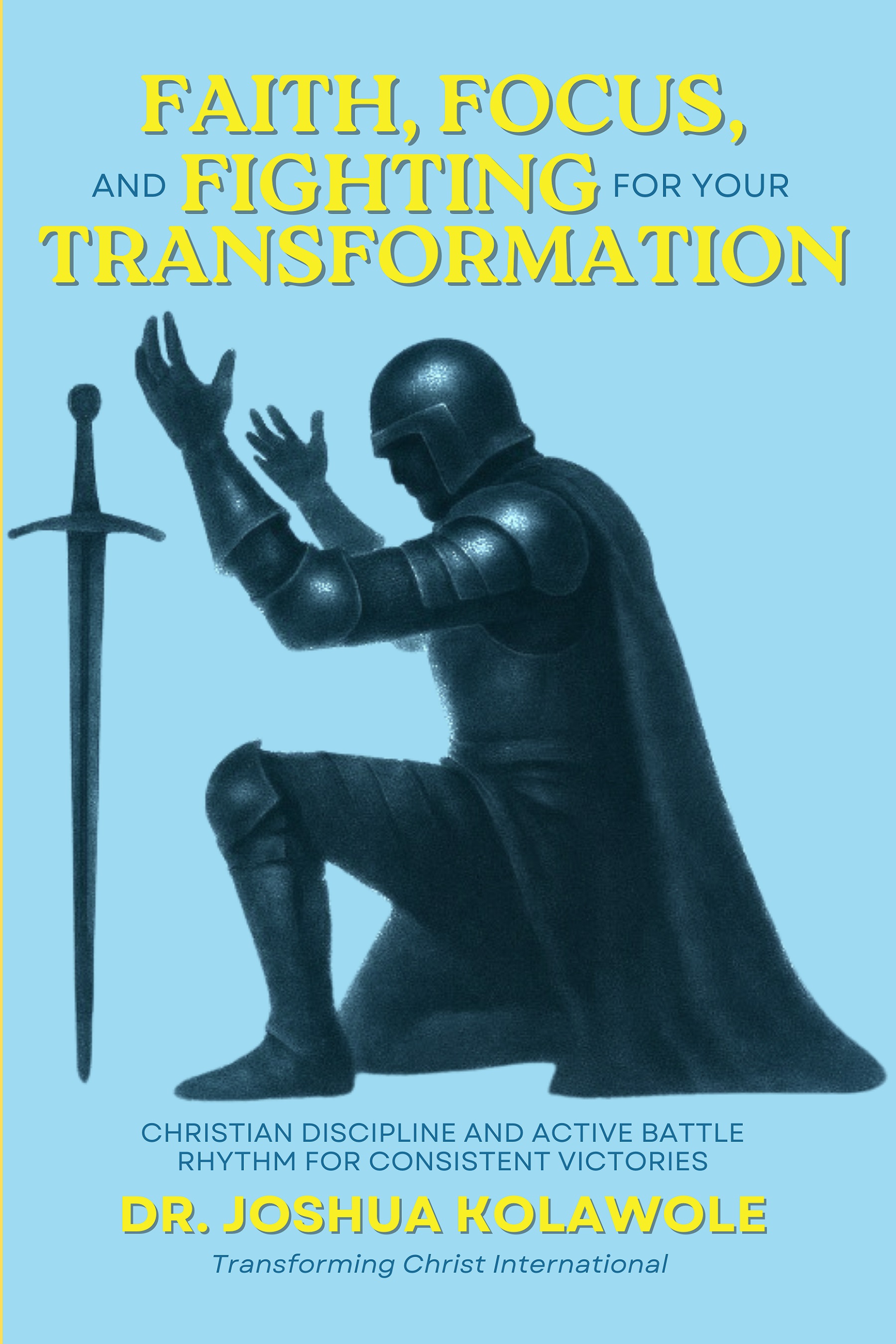



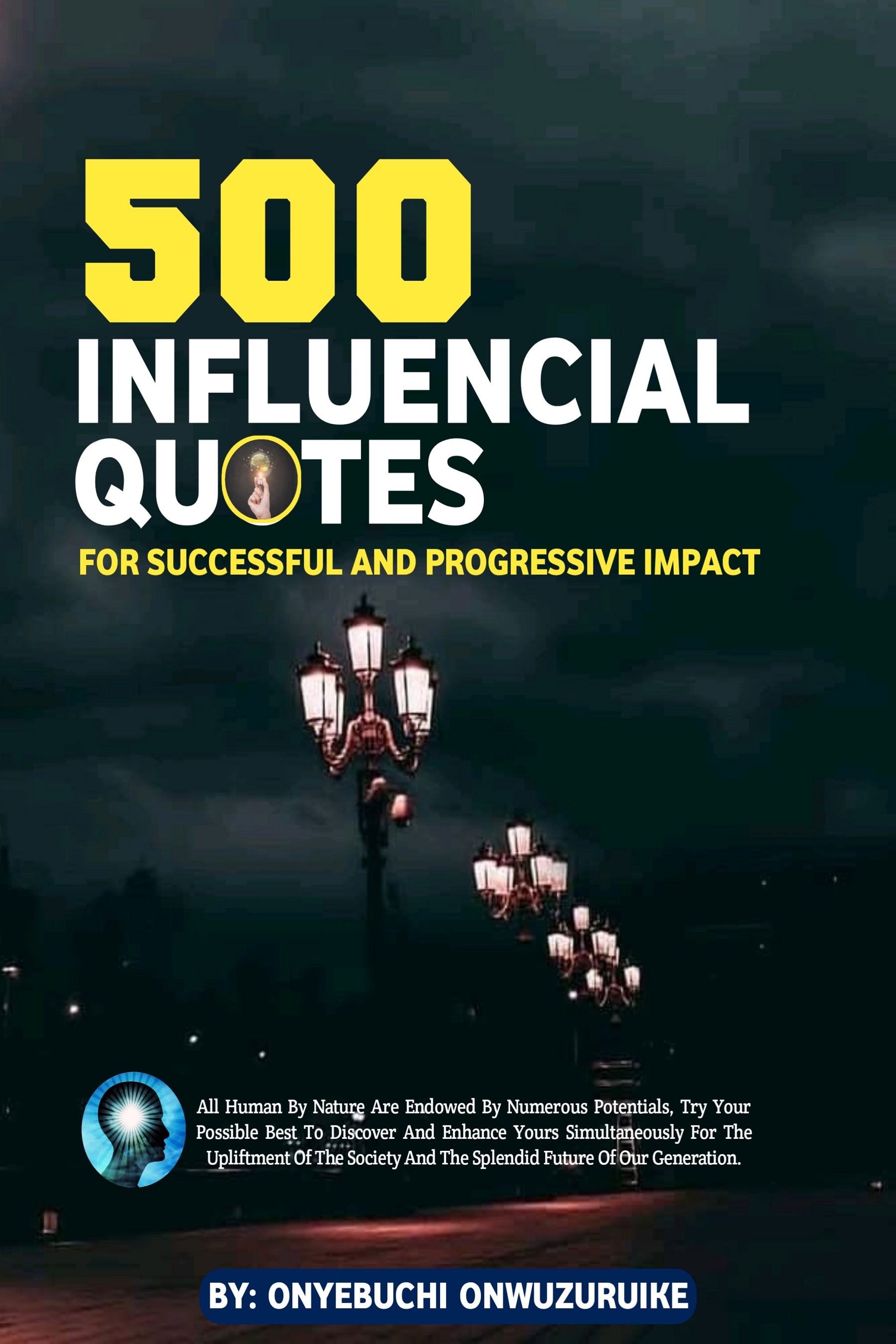
 National Library of Nigeria
National Library of Nigeria.jpg) Association of Nigerian Authors
Association of Nigerian Authors Nigerian Library Association
Nigerian Library Association EagleScan
EagleScan Crossref
Crossref